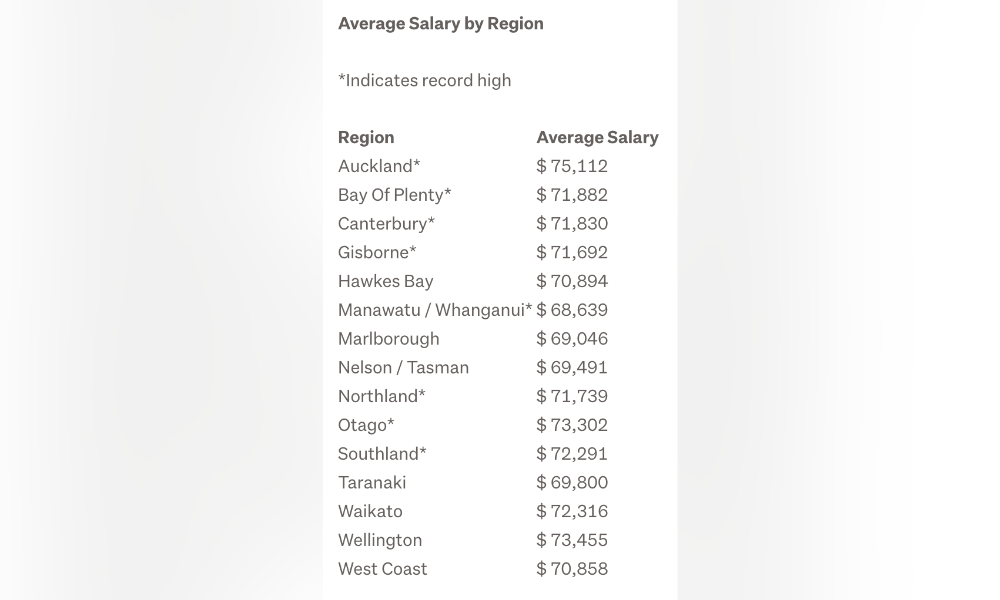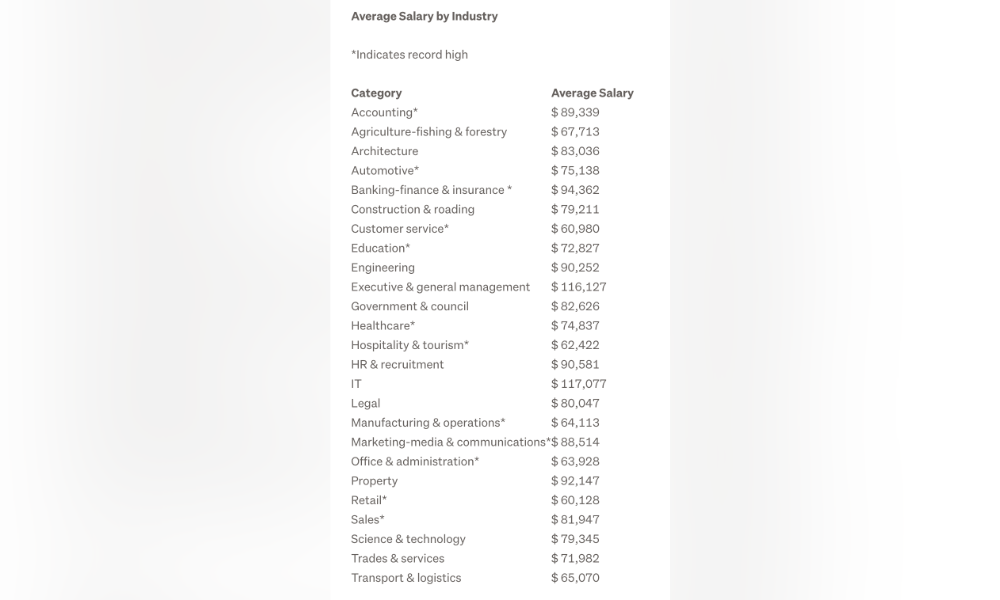
'It is a great time for businesses who are looking for talent'

Job applications in New Zealand reached an all-time high in the second quarter of 2024 as job listings dropped, according to Trade Me Jobs' latest data.
The number of job applications in April to June went up by 61.6% compared to the same period last year. Job listings, on the other hand, decreased by 39.7% compared to the previous year.
"This increase in applications shows that it is becoming increasingly harder to secure a new role with less and less options available to jobseekers," said Matt Tolich, Trade Me Jobs sales director, in a statement.
"With the unemployment rate reaching levels not seen since 2021 - it's a tough time out there for anyone on the hunt for a job but it is a great time for businesses who are looking for talent."
The highest average applications per listing were recorded in the Hospitality/Tourism industries, as well as in Transport and Logistics, and Retail.
"These are often industries that have more entry level roles, and we can see waiting staff, kitchen staff and housekeeping had the highest average of applications per listing," Tolich said.
The roles that saw the most applications included a Donations Collector in Invercargill, Part Time Checkout Operators in Manukau City, and a Support Worker in Matamata, according to Trade me Jobs.
On the other hand, Trade Me Jobs revealed that Auckland influenced the decline in job listings after seeing a drop of 47.2%.
Wellington saw the second-largest drop in listings with 43.7%, according to Tolich, who attributed it to the widespread job cuts in the public sector.
"This quarter, we are starting to witness the full extent of the impact as many of those jobs are in the process of being cut or have already been removed," Tolich said.
The job cuts are also reflected in the decreasing job listings recorded per industry, with Government & Council seeing the biggest on-year drop with -66.7%. Other industries that logged a decline in job postings include:
"We would expect to see fewer job listings given the economy and New Zealand floating in and out of recession. This environment creates a level of uncertainty, making employers hesitant to hire new staff, or even fill a role if someone ends up leaving," Tolich said.
"New Zealand is a nation of small businesses who will be watching economic indicators such as interest rates and the rate of inflation closely for signs of relief, which will help to boost business confidence that a recovery is coming."
Meanwhile, the drop in lower-paying job listings has also driven New Zealand's average national salary to a new record high of $72,717, a 3.7% increase year-on-year.
"Driving up the national salary is the fact that we are seeing less low-paid jobs. When looking at roles that pay less than $60,000, we've seen a drop of 60% compared to last year, which could be contributing to the record number of Kiwis eager to move to Australia recently, lured by promises of higher pay," Tolich said.
"However, it's a positive sign for those in intermediate and senior roles. New Zealand employers are still offering competitive salaries to keep pace with inflation and remain competitive."
By region, Auckland saw the highest average salary with $75,112, which is also a record-high figure.

Source: Trade Me Jobs
By industry, the IT sector logged the highest average salary with $117,077. HR and Recruitment also saw an average salary of $90,581.

Source: Trade Me Jobs